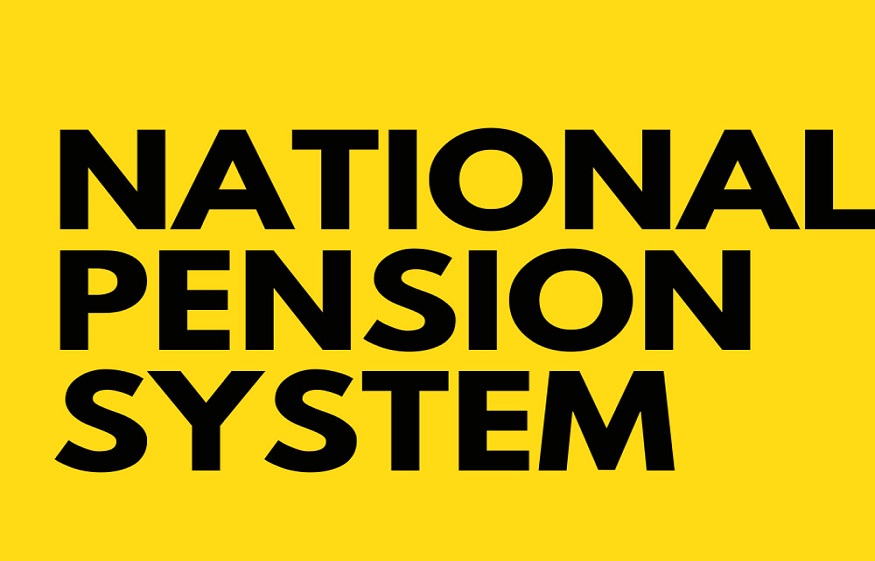How Do Pension Plans in India Work?
Retirement planning is an important element of any financial portfolio. Any individual who has begun organising their finances should take the question of retirement seriously and start planning for it. The ideal option here is to invest in a good retirement plan. One of the most popular types of retirement plans in India is the pension plan. As the name suggests, these plans provide a pension/pay-out at regular frequencies during your retirement period. If you are looking to opt for a pension plan yourself, then you should have a strong understanding of all its aspects. This article is here to help.
What is a pension plan?
When an individual retires, they are left without a regular source of income. In such a situation, managing daily expenses may become difficult. Even if there are some savings, they may be wiped out soon enough, especially if the amount is available in a lump-sum condition. This is where a pension plan comes to the rescue.
A pension plan is a kind of a financial product that provides financial aid to individuals who have taken retirement and therefore, lack a regular income. These plans are designed specifically for retirees and have features that suit their lifestyles. A look at how a pension plan works can explain this better.
Understanding pension plans better
Most pension plans have a general structure that includes two important stages – first, paying the premium/s for the plan, and secondly, receiving the pay-outs. Most plans also come with death benefit and maturity benefit features.
-
Paying the premiums
How much premium you pay and in what manner depends on the kind of pension plan you have opted for. The amount of the premium depends on the pay-out figure you wish to receive once you retire. The higher this figure, the more will be the premium and vice versa. You can choose to pay the premium in instalments over a long duration, or you can select a lump-sum premium payment option. The former is suitable for the deferred annuity option, while the latter is ideal for an immediate plan.
-
Receiving the pay-outs
There are two major options when it comes to receiving the pay-outs of a pension plan: immediate and deferred annuity. In the first, you start receiving the pay-outs within a year of you paying the final premium. With the latter option, you receive the pay-outs a few years/ several years after paying your premiums. If you wish to invest a lump sum amount right before your investment, then an immediate annuity is a great option. However, if you are looking for a more gradual and consistent kind of accumulation, then you can go for the deferred annuity option.
Note that if you are opting for an immediate annuity plan, the insurer may only allow you to make a single premium payment.
You also have multiple options when it comes to the frequency of the pay-outs. Most retirement plans in India provide you with yearly, half-yearly, quarterly, and monthly pay-out options. Based on your financial needs, you can choose a suitable option for yourself, and you will receive the pay-outs accordingly.
-
Death benefit and maturity benefit option
When the major annuitant (the primary holder of the plan) passes away in a manner mentioned in the plan, the return of purchase price option comes into action. The nominees of the policy receive the amount invested in the plan after the death of the annuitant.
If the plan holder survives the maturity of the policy, this invested amount is returned to the annuitant in a lump sum. Thus, a pension plan is a great way to ensure that you enjoy the benefits of retirement, while also allowing you to leave a legacy for your loved ones in your absence.
Benefits of opting for a pension plan
- Provides a regular source of income – In the absence of regular earnings, the pay-outs from a pension plan can help run your daily expenses smoothly.
- Helps you achieve retirement goals – You can also use these pay-outs to fund an annual trip, buy something fancy that you have always wanted to, start your own venture, support your children or grandchildren, and so on.
- Takes care of medical emergencies – One should never rule out the possibility of getting diagnosed with an illness or having health issues in general at a senior stage in life. A pension plan helps you deal with the costs for the same to a great extent so that you continue to enjoy retirement benefits for a long time.

